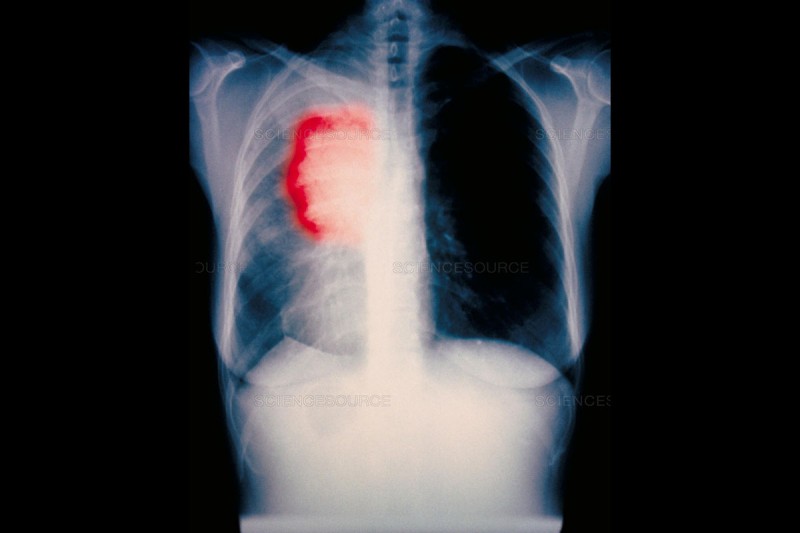
Phase II Trial of Cabozantinib Plus Nivolumab in Patients With Non-Clear-Cell Renal Cell Carcinoma (RCC) (1)
The combination of cabozantinib and nivolumab has been shown to be effective in treating clear-cell renal cell carcinoma (RCC) but has been unproven in non-clear-cell RCC. In this study of 47 patients, led by medical oncologist Chung-Han Lee, MD, PhD, it was shown that the objective response rate was 47.5%, with median progression-free survival of 12.5 months and median overall survival of 28 months. Adverse events of Grade 3–4 were observed in 34% of patients. Analysis of genomic factors suggest high efficacy in patients with NF2 or FH mutations. Learn more.
Treating Smoking in Cancer Patients: An Essential Component of Cancer Care (2)
Jamie Ostroff, PhD, Director of MSK’s Tobacco Treatment Program, continues to be a thought leader in tobacco cessation for cancer patients. In a recent publication from the National Cancer Institute, Dr. Ostroff highlights how smoking cessation strategies can be implemented specifically to meet the individual challenges for this especially high-risk patient population. A major conclusion was that cessation is highly likely to reduce all-cause mortality and cancer-specific mortality. This is especially important in underserved communities that may lack the resources to pursue cessation treatment on their own. Learn more.
Phase II Clinical Trial Shows Zenocutuzumab Targets Multiple Types of NRG1 Fusion-Related Cancers (2), (3)
Novel drug zenocutuzumab has been shown to be effective in treatment of solid tumors, pancreatic tumors, and non-small cell lung cancer (NSCLC) (NCT02912949). Medical oncologist Alison Schram, MD, a leader of the study group, demonstrated an objective response rate in 34% of the 208 patients enrolled in the study. The combination proved to be safe and effective, with more than 95% of adverse response falling in the Grade 1–2 range. The drug functions by blocking HER3-mediated NRG1 (or NRG1 fusion) signaling in cancerous cells as well as by blocking HER2/HER3 interaction. Learn more.
Can You Survive Lung Cancer Twice? (5)
It is traditionally thought that a second primary non-small cell lung cancer (NSCLC) carries too high a risk of morbidity and mortality to perform a second lobectomy surgery. A recent study of 98 patients, led by Deputy Chief of the Thoracic Service at MSK, Prasad S. Adusumilli, MD, FACS, and the thoracic surgery team suggests that contralateral lobectomy for a second primary NSCLC can be safe and effective. Patients who underwent contralateral lobectomy had a 74% three-year overall survival and a 15% three-year NSCLC cumulative incidence of death. This may be due to improved surgical technique, minimally invasive approaches, and expanded multidisciplinary collaboration. Learn more.
Uterine and Ovarian Transposition Surgery Prior to Rectal Cancer Radiation Therapy
A groundbreaking surgery, and the first of its kind performed in the U.S., was recently successfully completed by Mario M. Leitao, Jr., MD, FACOG, FACS, Director of MSK’s Minimal Access and Robotic Surgery program. In young female patients who have colorectal cancer, the uterus and ovaries are relocated to the upper abdomen, allowing for radiation therapy to be administered to the localized cancerous region while sparing damage to the reproductive organs. Following radiotherapy, the uterus and ovaries are restored to the correct anatomical position, preserving the patient’s future fertility. Learn more.